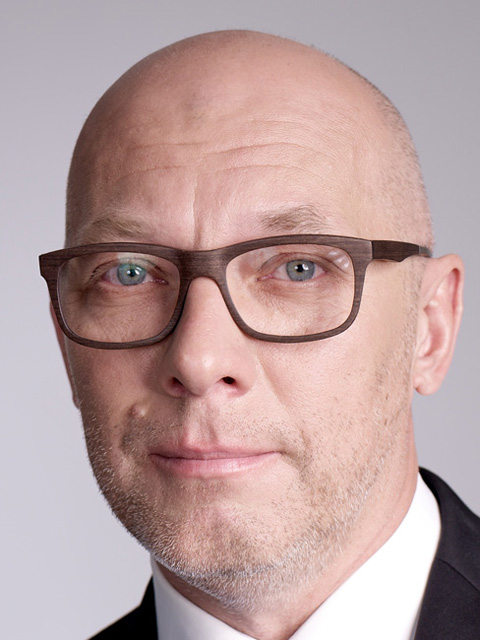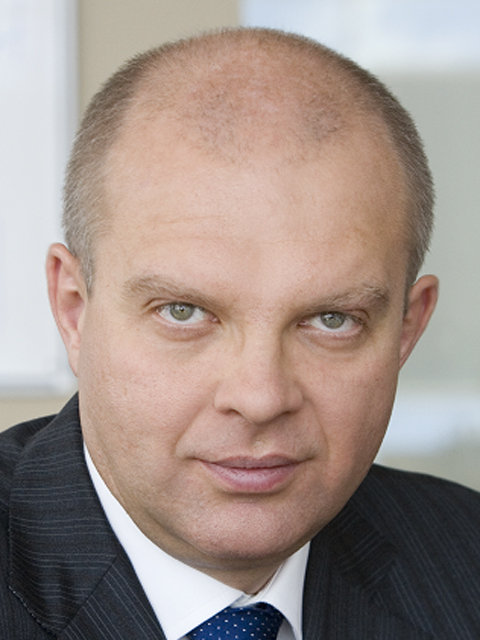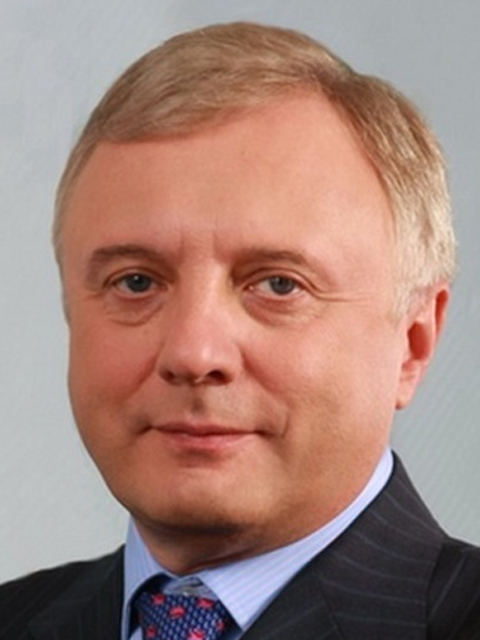PUBLIC–PRIVATE PARTNERSHIPS: THE IMPERATIVE TO EXECUTE
Delivering big impact projects that can generate new economic opportunity – be it infrastructure development, improving education and creating a more highly skilled workforce, spurring R&D in basic sciences, or improving the business and investment environment – increasingly requires close collaboration between government and private sector players. Which are the key areas where effective public–private partnerships can generate growth and jobs? Which are the most effective models of public–private cooperation and where are new models of cooperation called for?
Moderator:
Dr. Hans-Paul Buerkner ,
Chairman, The Boston Consulting Group
Panellists
Pieter Boone ,
Managing Director, METRO Cash & Carry Russia
Andrei Dubovskov ,
President, Chairman of the Management Board, MTS
Klaus Mangold ,
Chairman of the Supervisory Board, TUI
Andrey Sapelin ,
First Deputy Chairman, State Corporation Bank for Development and Foreign Economic Affairs (Vnesheconombank)
Yuri Soloviev ,
First Deputy President and Chairman of the Management Board, JSC VTB Bank
Igor Finogenov ,
Chairman of the Management Board, Eurasian Development Bank











